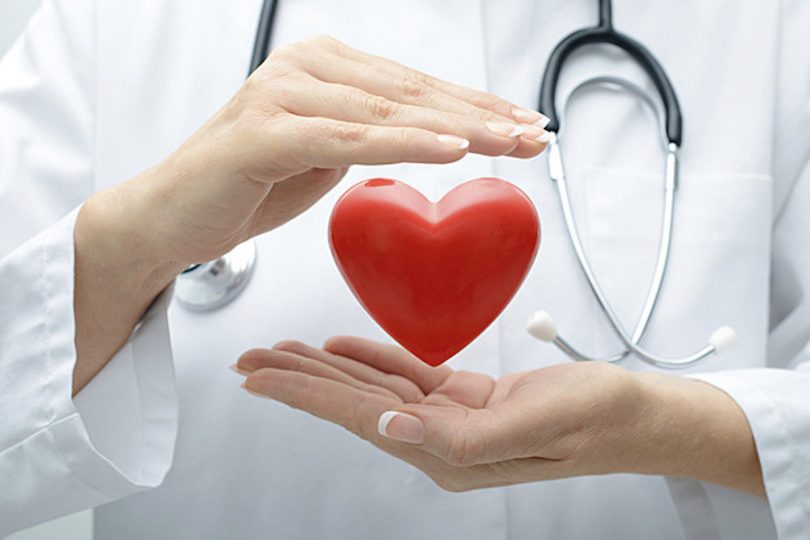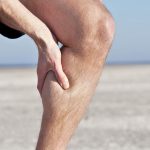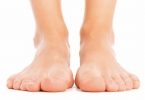If you are familiar with the world of nutrition at all, chances are that you have likely heard of the ketogenic diet (also known as the keto diet). The main component of the keto diet is the fact that foods are consumed so that the liver produces ketones, water-soluble molecules.
The keto diet is a diet that promotes an intake of foods low in carbs and high in fat. Eating foods that contain high levels of carbohydrates causes your body to produce both glucose and insulin. Of all of the different molecules that your body produces, glucose is by far the easiest to convert and be turned into energy. For this reason, your body chooses it over other energy sources. Insulin’s purpose is to help your body process the glucose that travels in your bloodstream by moving it throughout the body.
The keto diet is a diet that promotes an intake of foods low in carbs and high in fat.
When glucose is used as your body’s number 1 source of energy, there isn’t much for your fat to do. And for this reason they are stored. Therefore, by limiting the amount of carbs you consume, your body will not have enough glucose for it to be the main source of energy. As a result, your body will go into a state that is called ketosis, which is essentially survival mode.
When in ketosis, your body is forced to produce ketones, which are the result of the breakdown of fats in the liver. This leads to your body being in a metabolic state. This is not the same as the metabolic state that occurs when calorie intake is limited. By overloading your body with fats and limiting carbohydrates, the results can be outstanding such as weight loss, mental performance benefits, and other health benefits.
By overloading your body with fats and limiting carbohydrates, the results can be outstanding
It is incredible what our bodies can do and if done properly, following a keto diet will cause your body to use ketones as the primary energy source. Although this process is a natural one that your body goes through in order to deal with a lower intake of food, if you are planning on trying out the keto diet we strongly suggest that you first speak with your doctor and/or dietitian. We also suggest that you continue reading to learn about the potential dangers of the keto diet since you are essentially putting your body into shock.
1. Keto Flu

Keto flu is the term give to the set of symptoms associated with the lack of energy and lethargy that you will likely experience when first starting the keto diet. The reason for this is the fact that your body has been relying on the process of carbohydrate breakdown for so long and it has prepared itself to continue to do so. Therefore, your body has stored enzymes that are prepared to help with this process. When limiting your intake of carbohydrates, your body will not be sure how to deal with the buildup of these enzymes. Your body will also be forced to produce new enzymes to process fats. Another results will be lower levels of glycogen in the muscles, which is to blame for the aforementioned loss of energy and lethargy.
Other symptoms most often experienced in the first week include headaches, dizziness, and inability to focus. Since ketosis has a diuretic effect in that it causes you to have to pee). For this reason, it is crucial to make sure to up your intake of water and liquids so that your electrolytes can be properly flushed out. Although it is often spoken about in a negative way, your body actually needs sodium to function and this is especially true when first starting the keto diet. Contrary to what you may have been told previously, make sure to salt your food heavily and make sure to consume enough sodium. Upping your intake of sodium will allow for you to be better able to retain water and also help your body to replenish electrolytes. Luckily, this grogginess is only temporary.
More from Things Health
-
Visual Signs of Poor Health That Should Not Be Ignored
We often think that being diagnosed with an illness such as diabetes, heart disease, stroke or cancer as something that happens out of the blue.…
-
Visual Signs of Poor Health That You Probably Ignore (But Shouldn't)
We often think that being diagnosed with an illness such as diabetes, heart disease, stroke or cancer as something that happens out of the blue.…
-
Understanding the Causes of Leg Cramps
Leg pains and cramps can be a very uncomfortable experience for anyone. Thus, it is essential that you understand what remedies will work for you…
-
10 Causes of Leg Cramps – and How to Stop Them
Although they are usually harmless and actually quite common, leg cramps can be both uncomfortable and painful. In this article, we provide an overview of…
-
Treat Constipation At Home With These Common Foods
Constipation is a condition where there is difficulty in emptying the bowels, in most cases, due to hardened feces. In most cases, constipation is related…

















